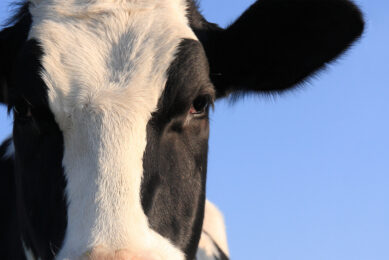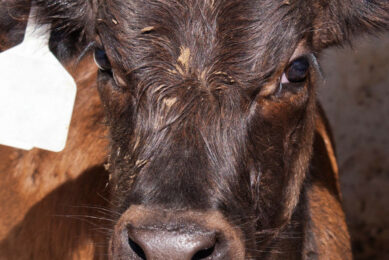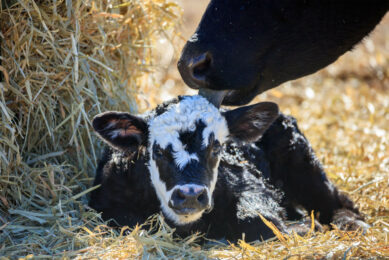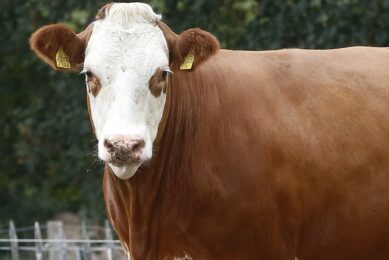Boosting dairy farm resilience with precision screening
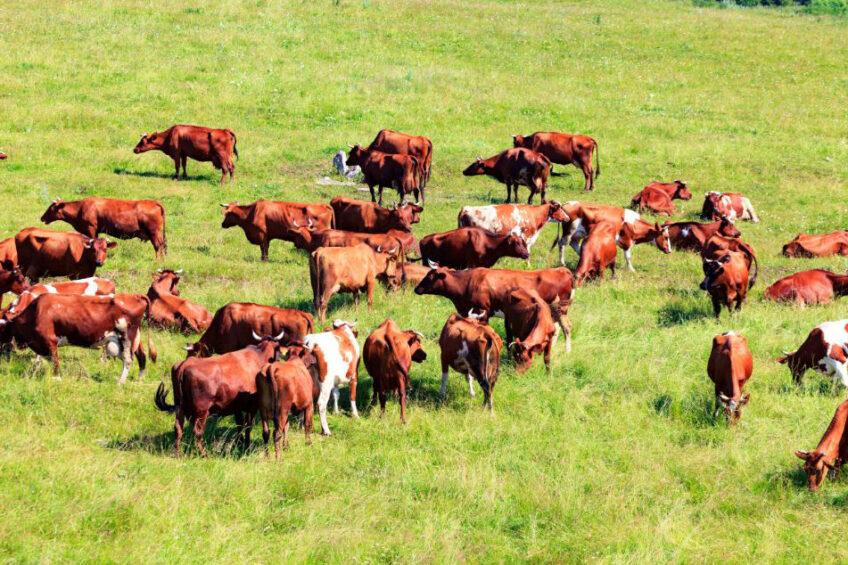
Tailoring dairy farm systems to suit the genetic make-up of their herd is part of a ground-breaking project aimed at improving the productivity, sustainability and efficiency of UK dairy enterprises.
The UK Agri-Tech Centre and Antler Bio are working on an innovative EpiHerd project that aims to find the factors that switch off good genes, discover the most impactful interventions and keep building insight. Its primary objective is to optimise the performance and well-being of a herd and make dairy farming more sustainable.
With financial support from Innovate UK, funding is supporting the development of an artificial intelligence platform, which will provide farmers with information on the prominence of specific genes that can be influenced by environmental factors.
Using the genetic data provided through this platform, farmers will be able to alter factors within their control, such as rations or housing environment, in response to information provided. This has the potential to lead to improved productivity.
The UK Agri-Tech Centre has been supporting Antler Bio by using its networks to “stress test” the technology and working with farmers and industry to help shape the development of a user-friendly, artificial intelligence digital platform to take the technology from concept to practical use.
Dairy sector
Several discovery sessions have been hosted to engage with the dairy sector, providing farmers and industry specialists the opportunity to have an open discussion and capability of the platform. Throughout the meetings there has been keen interest in finding out more about the science of epigenomics – does an epigenomic profile change over time?
Sarah Nightingale, UK Agri-Tech projects and knowledge exchange manager, said monitoring on farm KPIs was vitally important but currently the data monitored is not necessarily used to improve immediate cow performance. Instead, data is frequently used to make important herd breeding decisions with the aim that the offspring will achieve the desired performance targets. This can be a lengthy process as those desired traits can take at least 33 months to enter the productive herd once offspring have been reared.
But EpiHerd is unique in that it can identify which genes need to be naturally manipulated by implementing some changes to animal management and herd husbandry to achieve a positive response to productivity, particularly those traits that have been selected through breeding strategies.
Comments from farmers
“It’s the here and now as compared to genomic testing,” and “I think we all have some outstanding cows within our herds, but even those usually have some traits that we don’t like. To be able to test and identify those traits in future generations would be a massive aid.”
Of the farmers questioned, 80% use genomic testing as part of their breeding strategies to improve herd performance. But a quarter of these said they were disappointed with the progeny performance.
Ian Garner, head of research and development at Antler Bio, said through using EpiHerd, farmers could maximise the performance of the desired traits by fully understanding how genes are expressed: “It will specifically identify which genes are underperforming and how farmers can respond to this to achieve an improvement. It’s the final piece of the puzzle.”
The company is working with the University of Nottingham on a project funded by the Better Food for All grant to explore innovation for improved consumer nutrition. The technology will be used to enhance and optimise milk quality.
Join 13,000+ subscribers
Subscribe to our newsletter to stay updated about all the need-to-know content in the dairy sector, two times a week.



